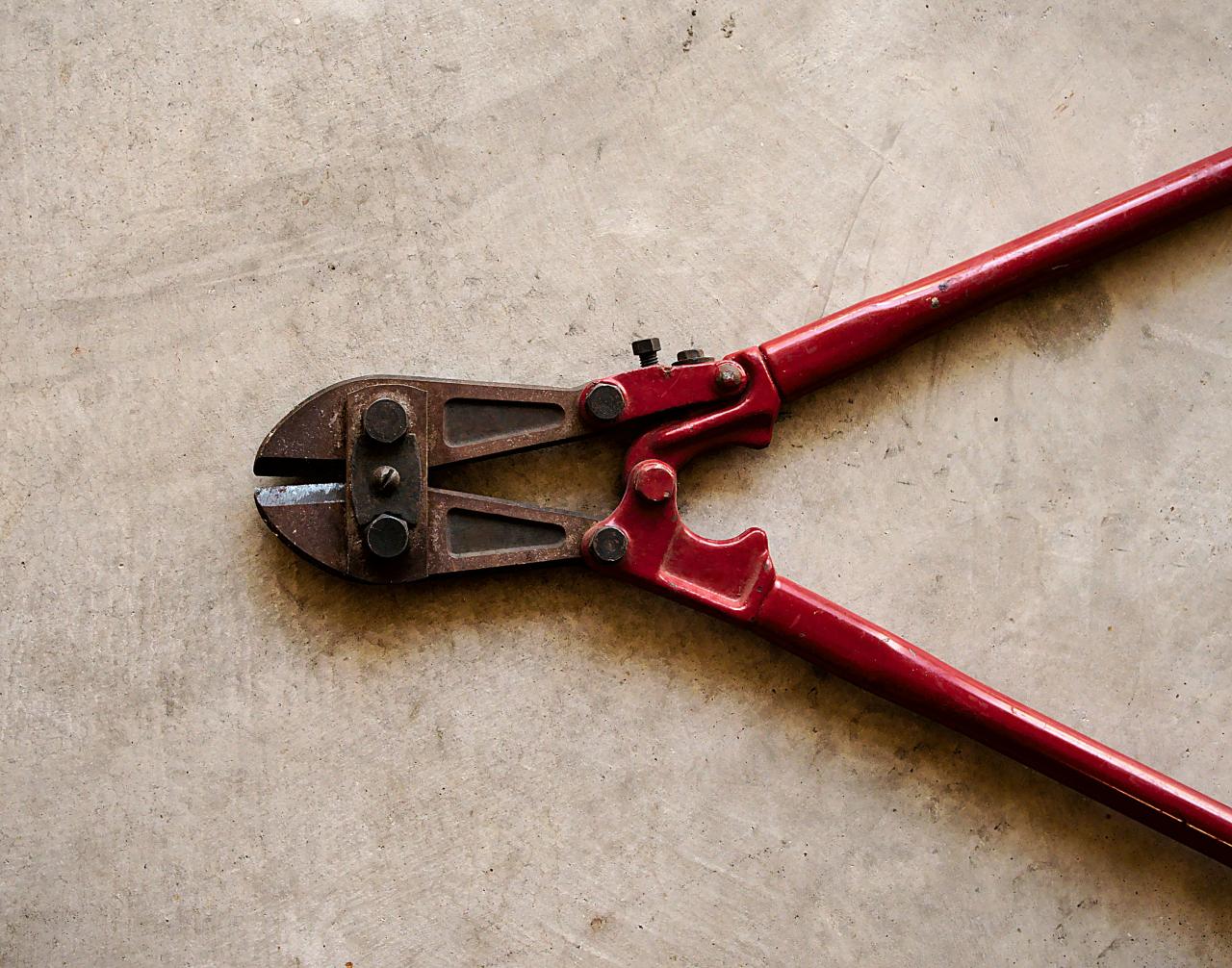Investing in a Yacht: Considerations and Benefits: Advice for investors on the advantages and challenges of purchasing a yacht as an investment.

Investing in a yacht is often perceived as a whim of the ultra-rich, an extravagance reserved for those who don't count their expenses. However, beyond this image of luxury and freedom, buying a yacht entails significant practical and financial aspects that deserve special attention. This type of investment involves not only a large initial financial outlay but also ongoing maintenance costs, tax considerations, and potential market fluctuations. In this article, we guide you through the nuances of investing in a yacht, highlighting the potential benefits as well as challenges, to provide a balanced perspective for those considering entering this niche market.
Understanding the Yacht Market
The yacht market is extremely diverse and varies not only in terms of size and style but also in technology and features. Each segment of the market has its own trends, which can greatly influence purchasing decisions:
Market Trends
Luxury yachts, especially those over 30 meters, generally have a stable market with sustained demand. However, trends can vary significantly by region; for example, in Europe, sailboats maintain steady popularity due to their traditional appeal and energy efficiency, while in the United States, motor yachts are often preferred for their speed and comfort. It is crucial to monitor market fluctuations to identify periods when purchasing could be done at an advantageous price or to avoid times of overvaluation.
Price Influencing Factors
Several factors can affect the price of a yacht:
Brand and model:
Some manufacturers are renowned for their durability and luxury, which can support high prices even for older models.
Year of manufacture:
Newer models generally cost more but may offer advanced technology and greater energy efficiency.
Upgrades and customization:
Upgrades such as advanced navigation systems, custom interiors, and additional equipment can significantly increase the initial price but also enhance appeal to potential renters.
Maintenance:
Impeccable maintenance history can increase a yacht's value, while neglect can drastically reduce its market value.
Helpful Resources
For investors and buyers seeking accurate information on current market trends, many specialized websites offer detailed analyses, data on recent transactions, new model launches, and price variations. These online platforms are valuable resources for assessing the optimal time to buy or sell a yacht, providing essential insights for successfully navigating this complex market.
Financial Benefits of Investing in a Yacht
Purchasing a yacht may seem prohibitive in terms of costs, but it also offers several financial opportunities that can offset these expenses:
Charter
Yacht chartering can generate substantial income, especially during peak tourist seasons. Owners may choose to rent their yacht for special events, holidays, or even long-term charters. Rental rates can vary considerably depending on the yacht's size, amenities, and location.
Tax Deductions
In some countries, owning a yacht may entitle one to tax deductions, particularly if the yacht is used for commercial purposes (such as chartering). Expenses related to maintenance, crew, and even certain upgrades may be deductible, significantly reducing net ownership costs.
Long-Term Appreciation
While yachts are often considered depreciating assets, certain models or brands may appreciate in value, especially if well-maintained and possessing highly sought-after features. The key is to choose yachts that are not only luxurious but also rare in the market, thereby increasing their long-term appreciation potential.
Challenges and Considerations
Maintenance and Operational Costs
Owning a yacht entails regular and sometimes high expenses to ensure its proper functioning and longevity. Costs vary depending on several factors, including the yacht's size, age, type (motor or sail), and level of luxury. These costs typically represent between 5% and 10% of the yacht's purchase value annually but may increase depending on the specific needs of the vessel.
Breakdown of Major Expense Items:
Fuel:
For motor yachts, fuel is a major expense, especially during long voyages or frequent use. The cost varies greatly with the fuel market price and the specific fuel consumption of the yacht's engine.
Personnel:
A competent crew is essential for navigation and the daily maintenance of the yacht. This includes an experienced captain, engineers to keep systems operational, and service staff for passenger comfort. Salary costs can be high, especially for luxury yachts that require specialized skills and impeccable service.
Maintenance:
Regular maintenance is crucial to preserve the condition and functionality of the yacht. This includes mechanical repairs, maintenance of navigation equipment, painting and varnishing works, and sometimes interior renovations to modernize living spaces. Costs can fluctuate depending on needs and any damages that need repair.
Insurance:
Yachts, as high-value assets, require costly insurance covering damages, accidents, and total losses. Premiums vary based on the yacht's size, value, navigation areas, and specific risks associated with those areas.
Market Risks
Volatility in the Yacht Market
The luxury yacht market is sensitive to economic cycles, regulatory and tax changes, and shifting consumer preferences. A downturn in the economy can reduce demand and negatively affect prices and liquidity of yachts in the secondary market.
Mitigation Strategies
Reducing Exposure to Financial Risks
Diversification:
For investors, it's advisable to diversify investments to not solely rely on the yacht asset but to own other types of assets that can offset periods of low performance in the maritime market.
Chartering:
Putting a yacht up for charter when not in use can generate additional income. This strategy helps offset maintenance costs and can also provide financial stability, particularly during periods when personal yacht ownership is less frequent.
Appropriate Insurance:
Choosing insurance policies that cover a wide range of risks, including natural disasters and accidental damages, is essential to protect the investment and minimize potential losses in case of a disaster.
Purchase Strategies
New vs. Used Purchase
New:
Purchasing a new yacht allows for customizing the design and amenities to the buyer's exact specifications, ensuring the yacht perfectly meets their needs. However, like cars, new yachts can experience significant depreciation as soon as they leave the shipyard.
Used:
Pre-owned yachts may offer better value as the initial depreciation has already occurred. However, maintenance costs may be higher, and it can be more challenging to find exactly what one wants in terms of features and design.
Negotiation and Financing
Buyers should always enter negotiations with a clear understanding of the market and current prices. Utilizing an experienced broker can help navigate the complexities of contracts and negotiations. In terms of financing, options include specialized yacht loans, often offering more favorable rates than traditional loans.
Inspection and Evaluation
Before finalizing the purchase, a thorough inspection by an expert is crucial. This includes physical inspection of the yacht as well as checking for all certifications and technical documentation. Professional evaluation can also help confirm that the purchase price reflects the fair market value of the yacht.
Investing in a yacht requires not only a passion for the sea but also a thorough understanding of the financial commitment and responsibilities that ownership entails. With thoughtful purchase strategy and proactive risk management, investors can not only enjoy the prestige associated with yacht ownership but also realize a profitable financial investment.




